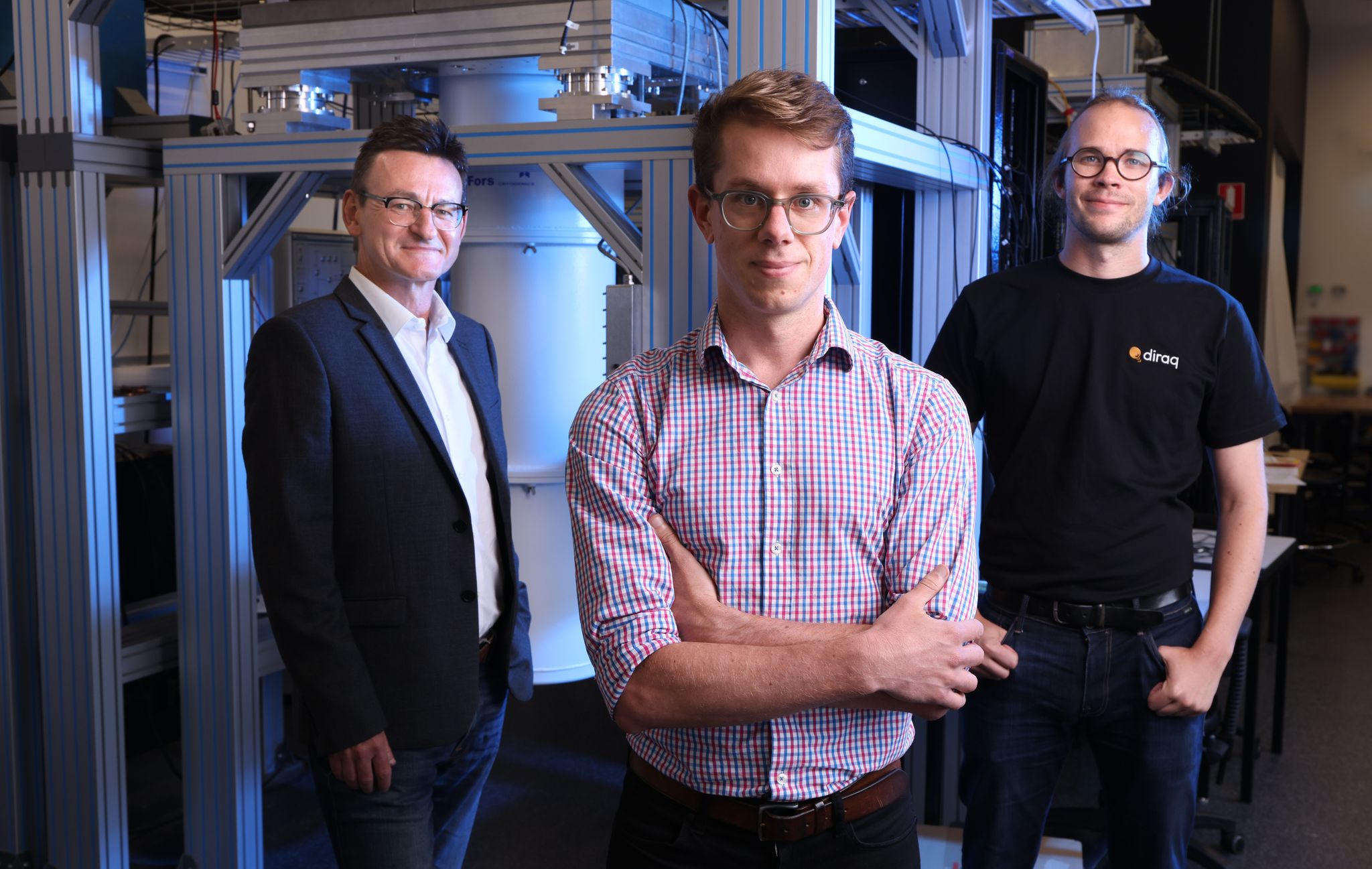 EMERGING TECH
EMERGING TECH
 EMERGING TECH
EMERGING TECH
 EMERGING TECH
EMERGING TECH
Australian quantum computing startup Diraq Pty Ltd. said today it has closed on a $15 million capital raise that will be used to advance its research into a novel concept for building the physical “qubits” that power quantum computers.
The Series A-2 round was led by Quantonation, a specialist venture capital fund that’s focused on quantum computing technologies, and saw participation from Higgins Family Investments and the University of New South Wales, Sydney. The round extends Diraq’s original $20 million Series A raise, which closed in May 2022, according to PitchBook data. All told, Diraq has now raised more than $120 million, with the bulk of those funds coming from various Australian and U.S. government funding programs.
The Sydney-based startup is working on the development of quantum processors that rely on electron spins in complementary metal-oxide semiconductor quantum dots. In other words, it claims to be able to make quantum chips using existing chipmaking technologies. The main advantage of using silicon-based qubits – the quantum version of the classic binary bit – is that this technology could potentially leverage the semiconductor industry’s existing infrastructure, meaning they can be manufactured without investing millions of dollars in new “quantum” chip fabs.
Diraq’s silicon-based qubits are very different from the superconducting and ion-trapped counterparts being developed by companies such as IBM Corp. and IonQ Inc., although the research is perhaps not quite as advanced. Although those rivals have already made cloud-based systems available to customers, Diraq is not yet ready to do so. However, the startup insists that its technology remains the only viable way to scale quantum computers to support commercial-scale applications.
Most experts agree that quantum computers will need millions, if not billions of qubits to obtain an advantage over classical computers. But at present, most existing quantum machines can only support thousands of qubits.
Diraq says its approach will allow it to build a full-stack quantum computer that can move the nascent industry toward truly fault-tolerant computing. Already, it claims to have demonstrated superior qubit control with enough fidelity to allow for scalable error correction. This is necessary because in existing systems, the qubits are inherently unstable, introducing errors into quantum calculations that get worse as those systems scale.
The startup claims to have patents covering a detailed CMOS-based architecture for billions of qubits, capable of full error correction, together with advanced methods for qubit control, quantum memory, as well as innovative CMOS device designs.
Diraq co-founder and Chief Executive Andrew Dzurak (pictured, center) said that “billions of qubits” will be required to see useful quantum computing deployed cost-efficiently in a commercial timeframe. “We are working closely with our foundry partners to drive qubit development based on tried and tested CMOS techniques coupled with our proprietary designs,” he explained. “We are focused on delivering energy-efficient processors with billions of qubits on one chip contained in one refrigerator, rather than thousands of chips and refrigerators requiring hundreds of square meters of space in a warehouse.”
Analyst Holger Mueller of Constellation Research Inc. said Diraq’s confidence in its approach to quantum computing makes it a promising proposition. “It would be a major breakthrough in quantum computing if Diraq is able to use existing CMOS infrastructure to build those incredibly unstable qubits,” Mueller said. “It’s too early to tell if the approach will be successful, but the funding will certainly help, and those who have a stake in the quantum revolution would do well to keep an eye out for whatever Diraq comes up with next.”
Quantonation partner Will Zeng said the startup’s main focus going forward will be to develop a working quantum device using a standard semiconductor foundry. “This milestone will serve as a proof point, solidifying the viability of Diraq’s technology and propelling the company’s ambitious scale-up program aimed at constructing the most powerful quantum computers in the world,” he added.
THANK YOU